Category: digital humanities
-

Reflecting on Julian Assange: Internet activism and the fight for transparency
I first became aware of Julian Assange in the book Underground: Tales of Hacking, Madness and Obsession on the Electronic Frontier by Suelette Dreyfus 1997. I heard a reading of the book in an Internet Café on Brunswick Street, Fitzroy. Assange was the character Mendax in the book, although it was not widely known then…
-
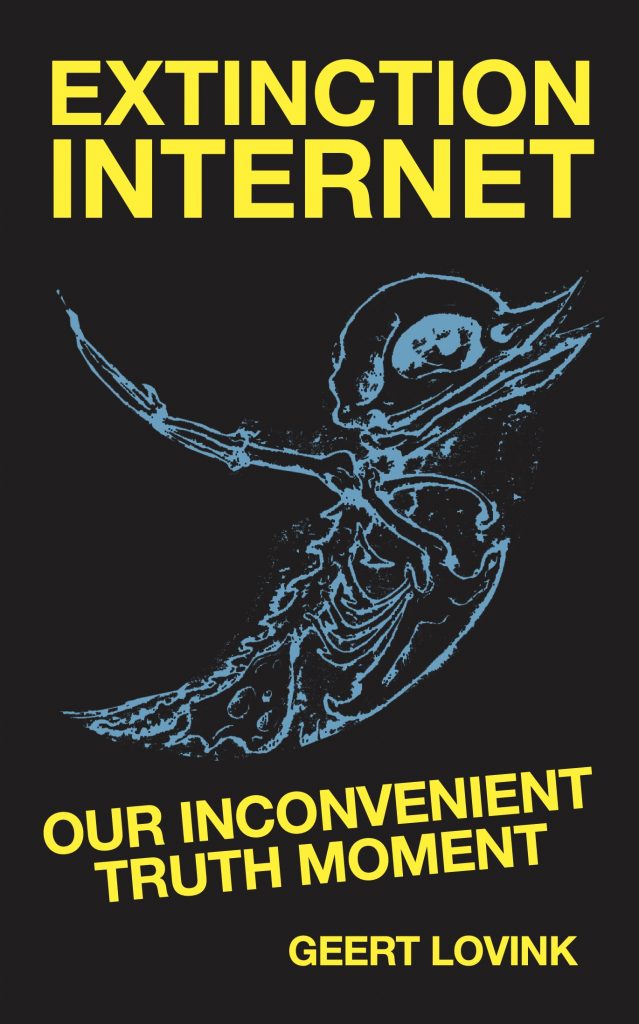
Geert Lovink: A Pioneer in Internet Studies
Geert Lovink, a Dutch media theorist and internet critic, has been a significant figure in Internet Studies. Lovink is the founding director of the Institute of Network Cultures, an organisation dedicated to exploring, documenting, and fostering the potential for socioeconomic change within the new media field. His work has been instrumental in shaping the critical understanding…
-
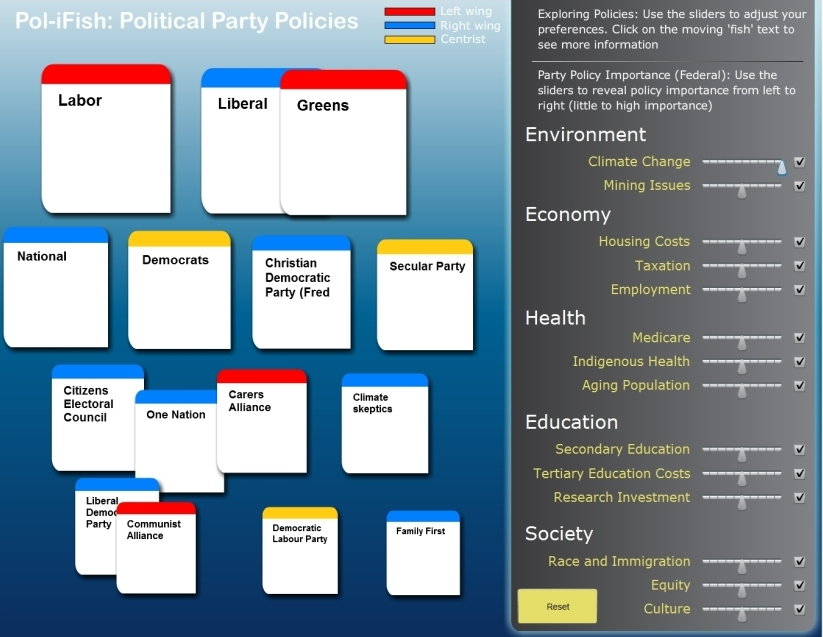
20 years of blogging!
In Septemeber 2003, an experiment began that involved intertwining the tangible experiences of life with the vast, intangible realm of the digital world. I started a blog, a digital canvas painted with reflections, experiences, and thoughts for a broad, public audience. Originally conceptualised as a bridge between my personal and professional life and the larger…
-
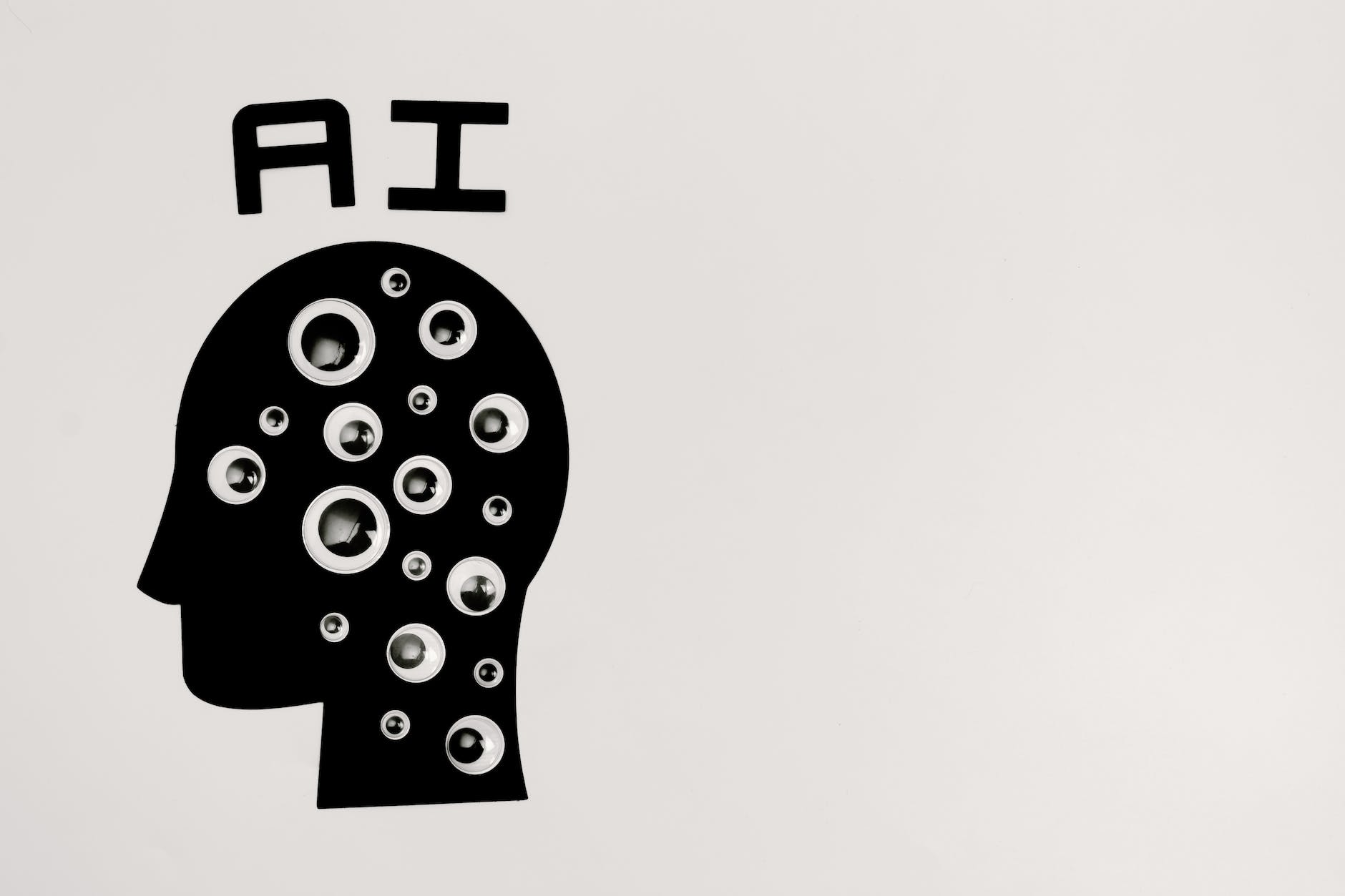
Introduction to AI and AI Safety (videos)
Artificial Intelligence (AI) has come a long way, from theoretical concepts to practical applications that shape our work and everyday lives. Crucial AI concepts start with the distinction between Narrow AI and Artificial General Intelligence (AGI) AI safety refers to the research and practices to ensure artificial intelligence systems operate reliably, ethically, and without causing…
-
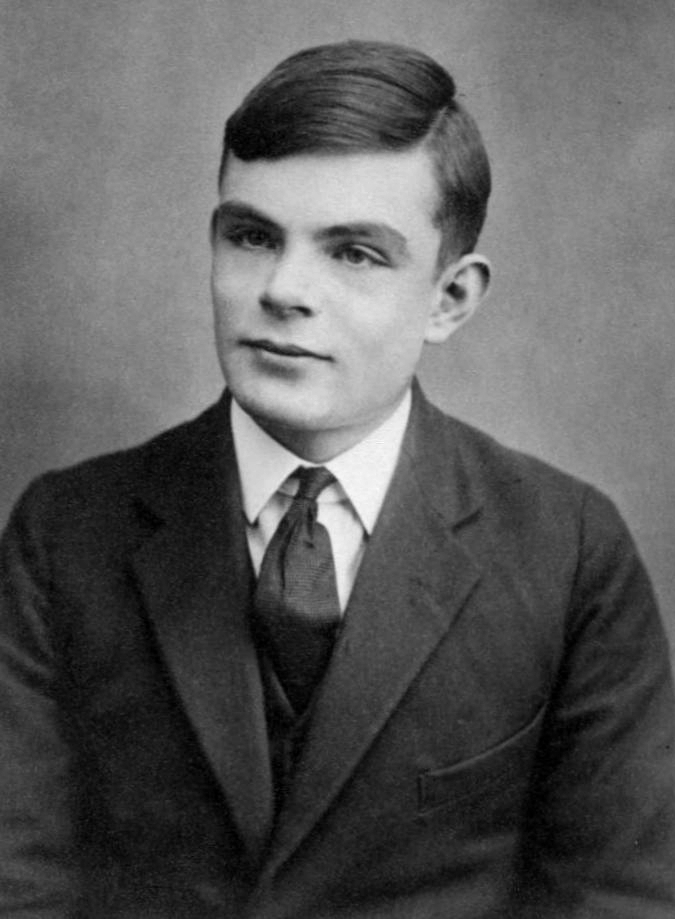
Can ChatGPT pass the Turing Test?
The Turing Test measures a machine’s ability to exhibit intelligent behaviour indistinguishable from a human’s. Developed by Alan Turing in 1950, the test proposes that if a machine can carry on a conversation with a human in such a way that the human cannot distinguish it from another human, then the machine can be considered…
-
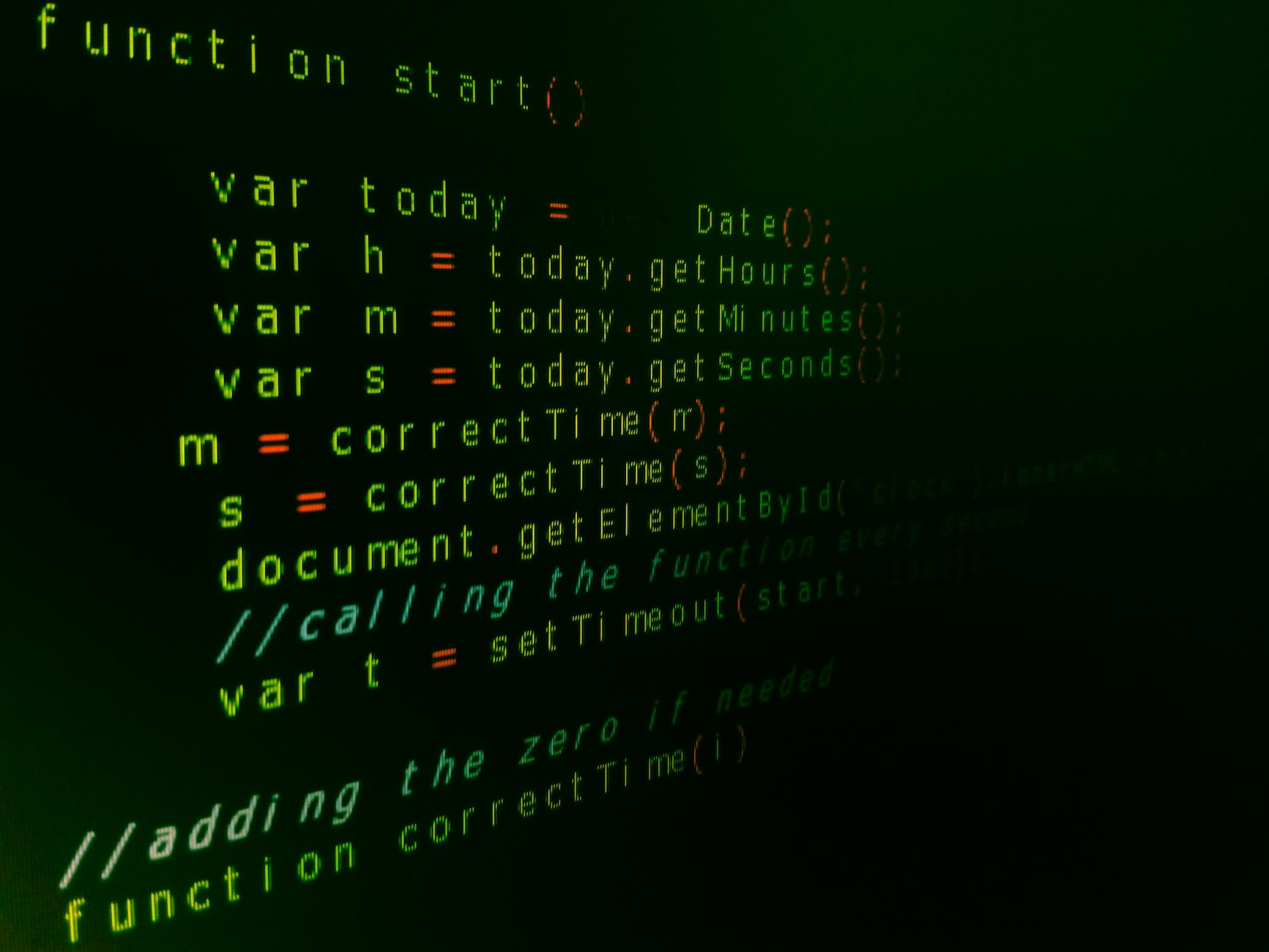
Post-privacy and the digital self. Life-narratives through big data: why small data is beautiful
A talk I gave recently on ‘small data’ (or personal data) and the importance to curate and keep it for personal history.
